Here is a list of the most common (and somewhat unobvious) misconceptions of medical cannabis in the current age. This article aims to dispel these myths while shedding light on important topics such as obtaining a medical cannabis prescription, dealing with insurance coverage, and qualifying medical conditions. It’s time to separate fact from fiction. Let’s get started.
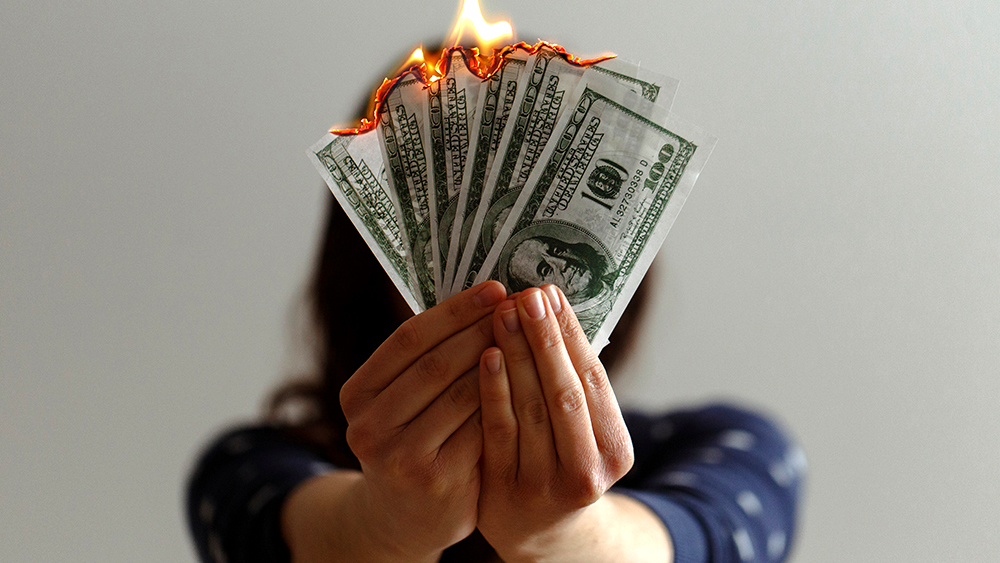 1. Pharmacies are the best place to buy medical cannabis.
1. Pharmacies are the best place to buy medical cannabis.
Not exactly. Pharmacies and medical drugs have become synonymous in the industry but may not necessarily have the patient’s best interest in mind. Patients may be paying more to acquire their cannabis from a pharmacy. As the first direct-to-sale e-commerce platform, Cannalogue saves patients money and time while offering a vast range of cannabis products to choose from than pharmacies. Medical patients should be able to choose cannabis products from several licensed producers instead of just one. With the freedom to choose from a vast selection of cannabis products, patients can find what will work best for them.
 2. Obtaining a medical cannabis prescription is a tedious process.
2. Obtaining a medical cannabis prescription is a tedious process.
It doesn’t have to be. At Cannalogue, we insist on simplicity. Patients can skip the waiting process at the local neighborhood clinic and get their medical assessment done entirely online. A team of health care practitioners is available to help and assist a patient in any way possible.
 3. Insurance providers don’t cover medical cannabis prescriptions
3. Insurance providers don’t cover medical cannabis prescriptions
This claim is untrue. Many providers have healthcare spending accounts (HSA) that allocate for cannabis prescriptions. Eligibility with insurance providers is based on the patient’s condition and whether a valid prescription is available from a healthcare practitioner. Also, medicinal cannabis must be purchased from an authorized Health Canada licensed producer. Other dependencies include the age of the claimant and whether the patient is exhibiting specific health problems or symptoms.
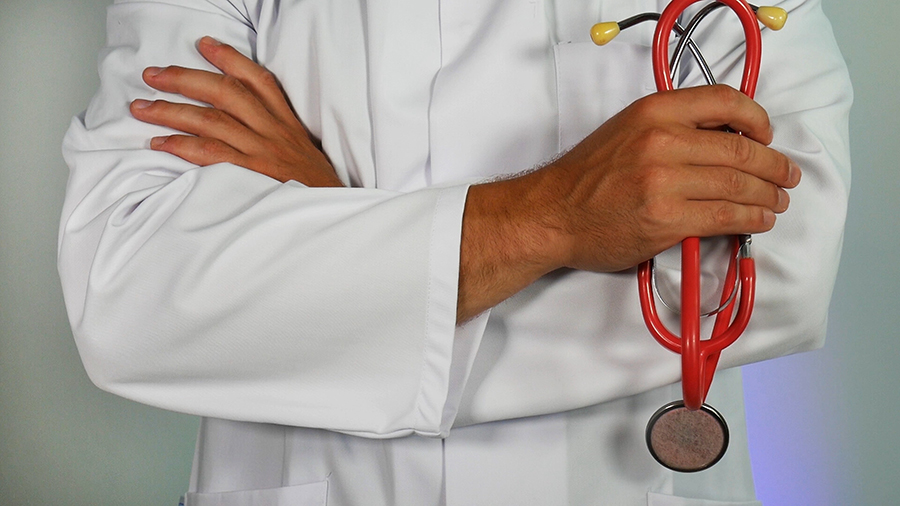 4. A doctor can only prescribe medical cannabis prescriptions.
4. A doctor can only prescribe medical cannabis prescriptions.
This assumption is false. According to Health Canada, nurse practitioners can also prescribe medical cannabis prescriptions. This rule is applicable across Canada.
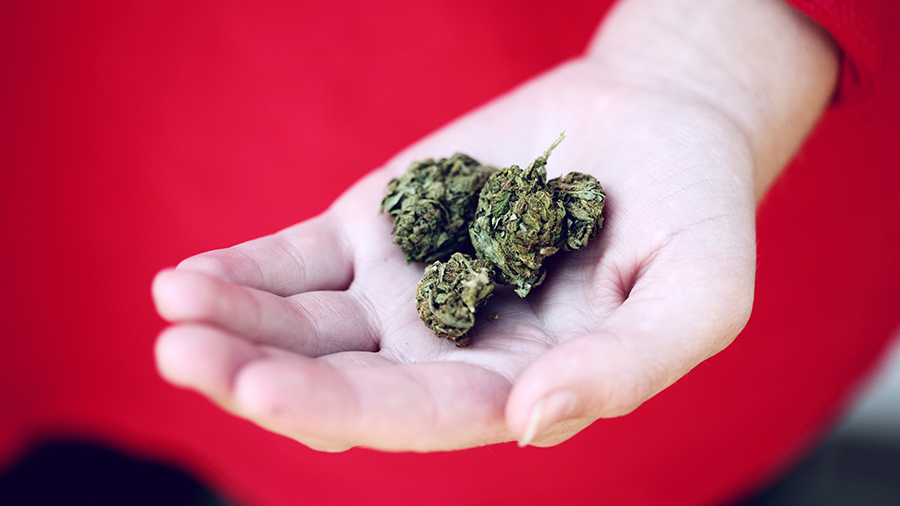 5. Medical cannabis is addicting
5. Medical cannabis is addicting
There is a strong negative connotation of addiction attached to cannabis. Cannabis use disorder (CUD) indeed occurs among recreational users. However, the medical cannabis patient system is specially designed to ensure patient safety as a number one priority. Every patient is diligently monitored and regularly assessed by their healthcare practitioner. Patients can also access a plethora of resources to facilitate education and guidelines to follow during their medicinal cannabis journey. These preventative measures grant medical patients greater peace of mind.
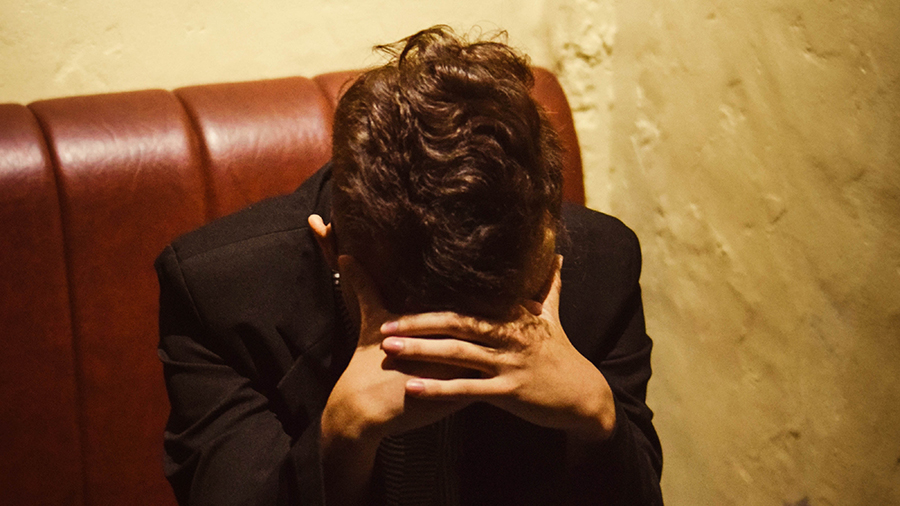 6. It’s too difficult to have my condition qualified for medical cannabis
6. It’s too difficult to have my condition qualified for medical cannabis
As long as your healthcare practitioner agrees, you’re approved. They will provide a 1-on-1 assessment (in-person or virtual) to determine your eligibility. To begin your journey with medicinal cannabis, you may visit a medical cannabis clinic or partake in telemedicine online. OridonMedical.ca provides telemedicine services for patients to receive a free virtual consultation with a qualified healthcare practitioner.
 7. All medical cannabis products still get you “high.”
7. All medical cannabis products still get you “high.”
This assertion is false. Cannabis is made up of two prime active compounds, THC and CBD. THC is the chemical ingredient that is responsible for the psychoactive effects associated with users feeling “high.” CBD is entirely non-intoxicating and doesn’t produce any mind-altering effects. If patients wish to steer clear of THC’s psychoactive effects, they can opt to use cannabis products that only exclusively contain CBD. Learn more about the therapeutic benefits of CBD here.
 8. Medical cannabis makes people lazy and unable to function
8. Medical cannabis makes people lazy and unable to function
This statement is untrue. Many, many successful people partake in medical cannabis treatment, ranging from politicians, athletes, and entertainers to the general public as well. They actively use medical cannabis to treat and manage various conditions and ailments.
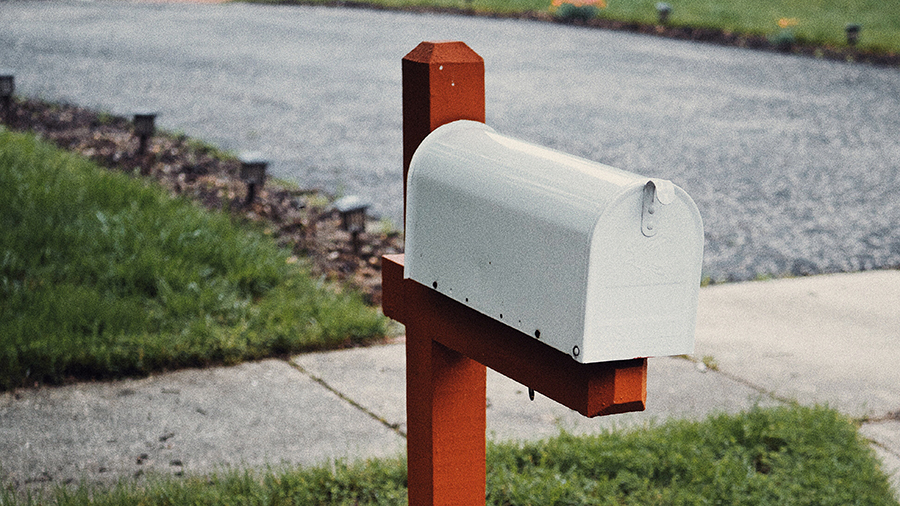 9. Delivery of medical cannabis must be done through the mail
9. Delivery of medical cannabis must be done through the mail
This notion is incorrect. Medical patients can pick up their medical cannabis at their local pharmacy or their physician’s office, just as they would with prescription drugs.
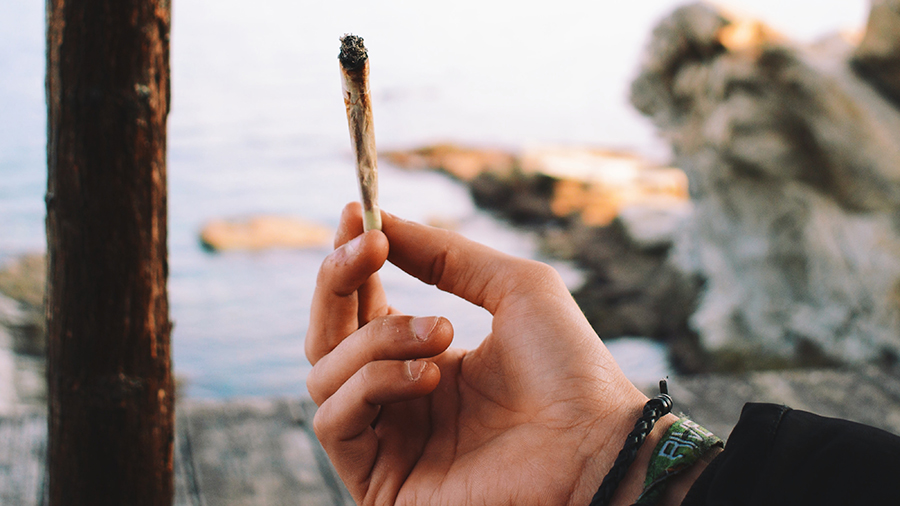 10. Patients must smoke medical cannabis
10. Patients must smoke medical cannabis
This belief is false. Medical patients do not have to smoke cannabis. There are a wide variety of smokeless cannabis consumption methods that are much healthier and safer. These methods include gel capsules, cannabis oils that are dropped under the tongue, skin creams, vaporizers, and even oral sprays. Read more about smokeless cannabis consumption methods here.
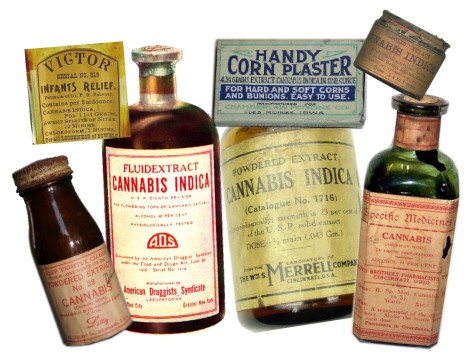 11. Cannabis has only been used for medical purposes in the last few years
11. Cannabis has only been used for medical purposes in the last few years
Cannabis has been used for medicinal purposes for over five millennia by ancient civilizations such as the Egyptians, Chinese, Greeks, and Middle-Eastern cultures as well. The first recorded instance of medical cannabis use was in 2737 BC by the Chinese emperor, Shen Nung. He noted the effectiveness of cannabis in treating pain originating from gout and rheumatism.
 12. Medical cannabis is aimed at a particular audience
12. Medical cannabis is aimed at a particular audience
Untrue. Medical cannabis provides relief to hundreds of thousands of people across various ethnic backgrounds, cultures, and age groups. According to Health Canada, as of March 2019, there are 354,538 documented medical cannabis patients. This number does not include undocumented medical patients and recreational users who self-medicate.
Many Canadian patients use cannabis to treat conditions such as anxiety, chronic pain, neuropathic pain, insomnia, depression, epilepsy, PTSD, Parkinson’s, multiple sclerosis, glaucoma, nausea, muscle spasms, Crohn’s disease, arthritis, anorexia, and migraines. Patients also use cannabis to treat severe pain originating from cancer, cancer treatment, and other ailments.
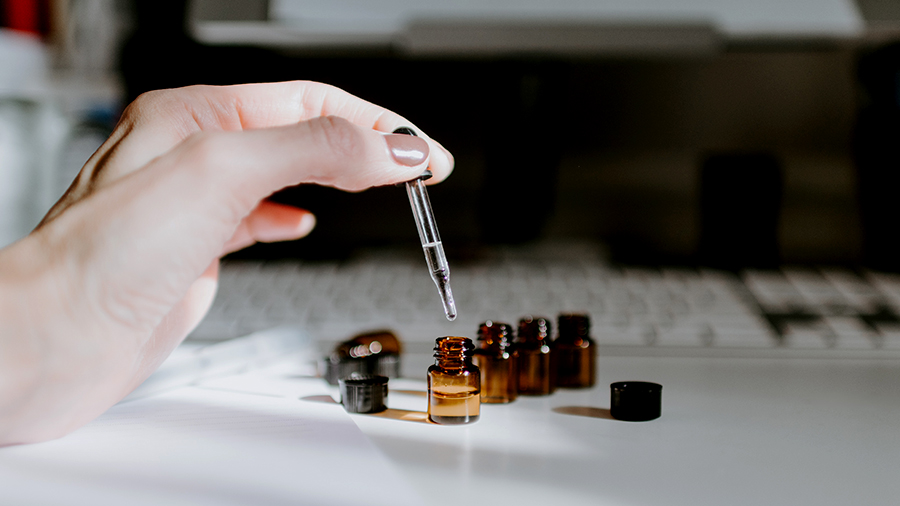 13. The medical cannabis experience for all patients is the same
13. The medical cannabis experience for all patients is the same
This belief is very untrue. As different products work for different people, finding the right strain is a highly individualized process. The same strain isn’t guaranteed to work for everyone as cannabis affects everyone differently. With Cannalogue.ca, patients can try many products from many licensed producers without having to worry about shortages, limited selection, and static prices.
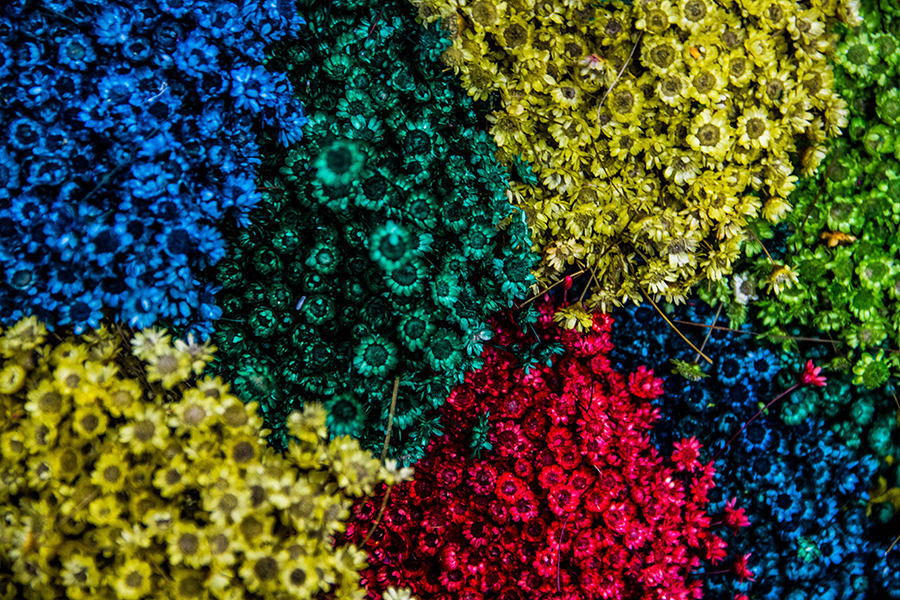 14. Medical cannabis is made up of only CBD products
14. Medical cannabis is made up of only CBD products
False. To adequately address patient needs, medical cannabis comes in a wide array of varying THC, CBD, and terpene profiles – all of which provide their unique health benefits. Use Cannalogue’s smart search to explore and find your cannabis solution.
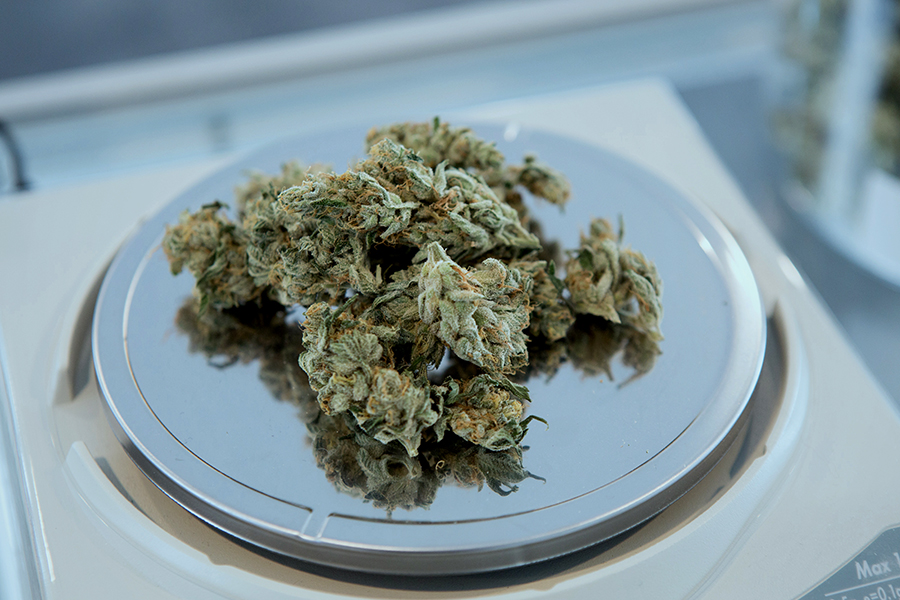 15. All medical cannabis products smell and taste the same
15. All medical cannabis products smell and taste the same
There are hundreds of different dried flower cannabis strains available. Apart from the dried flower, cannabis also comes in the form of oils, oral sprays, gel capsules, and topical creams. Additionally, terpenes are aromatic oils that provide cannabis with distinctive flavors such as citrus, pine, and berry mint, to name a few. There are hundreds of terpenes in the cannabis plant. Examples of terpenes include Myrcene, Limonene, and Pinene.
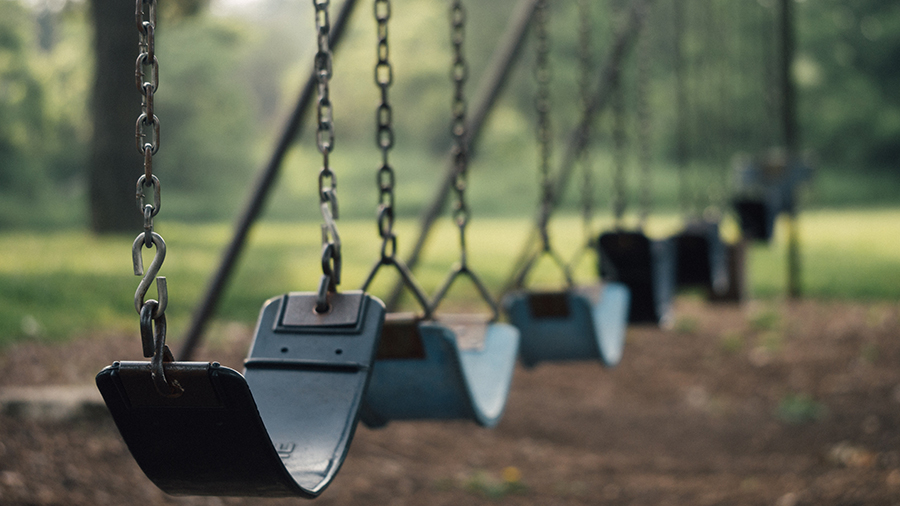 16. As a medical cannabis patient, I’m allowed to medicate anywhere
16. As a medical cannabis patient, I’m allowed to medicate anywhere
This notion is incorrect. While it’s true that medical patients do possess special privileges concerning medicating cannabis, they must exercise these rights within good reason. Patients should check with their employer for usage around the workplace as well as consulting Canadian laws on the legality of medical cannabis consumption in their province of residence.
 17. Medical cannabis can cure my cancer
17. Medical cannabis can cure my cancer
This statement is false. Medical cannabis, while an effective treatment for many patients, does not cure serious ailments such as cancer. Instead, medical cannabis is used by many as an alternative and useful tool for managing severe pain, nausea, as well as promoting appetite and restful sleep in cancer patients. Also, using cannabis as an adjunct treatment with opioids can potentially reduce symptoms stemming from cancer and cancer-related treatments such as chemotherapy and radiation treatment.
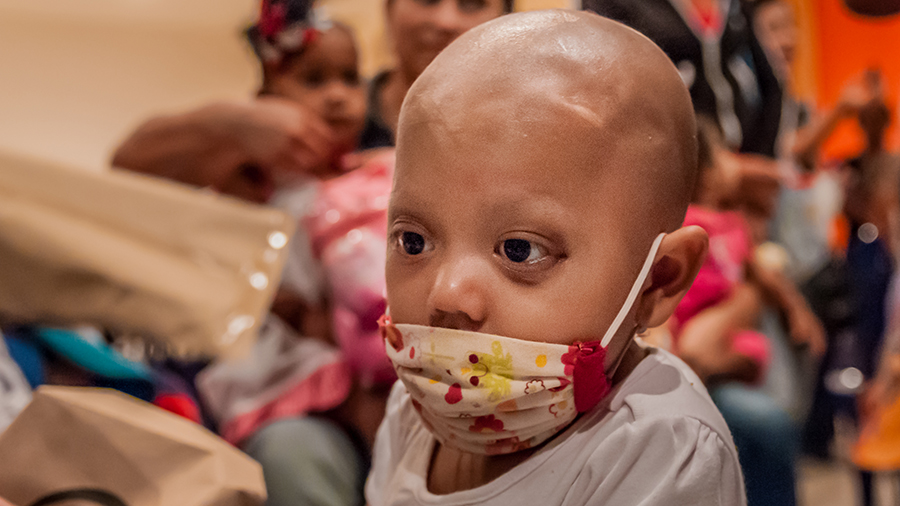 18. Medical cannabis cannot be prescribed for a youth
18. Medical cannabis cannot be prescribed for a youth
Untrue. For exceptional instances like severe epilepsy and chemotherapy, cannabis can be prescribed for a child as long as parental consent, and guardian presence is available along with pediatrician approval.




